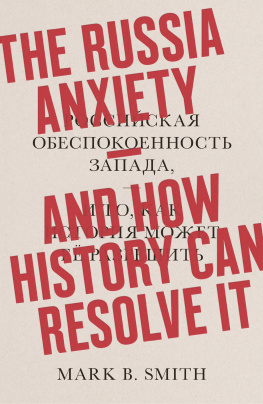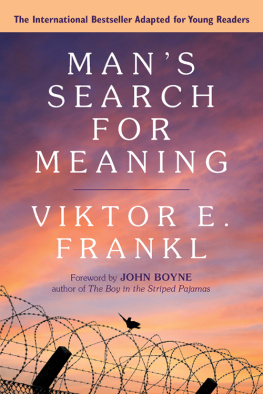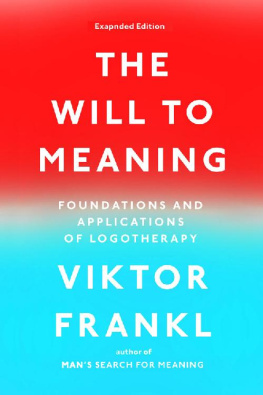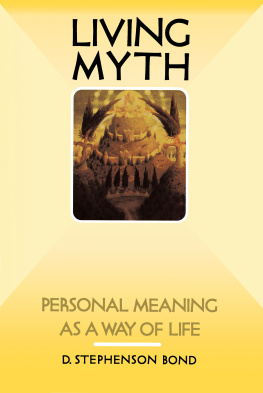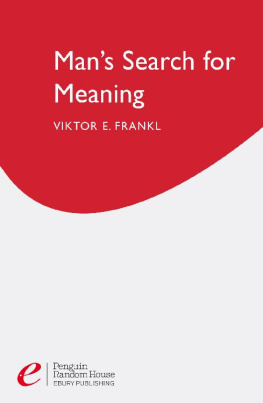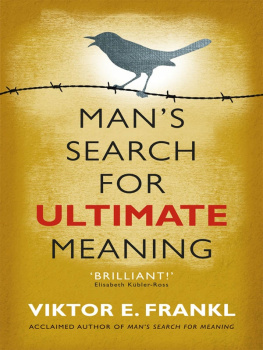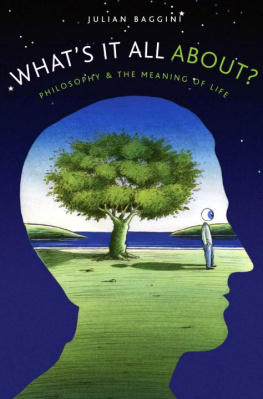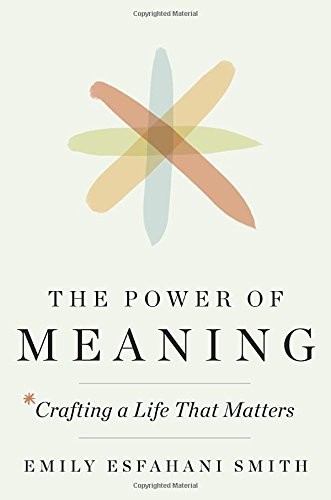
MORE PRAISE FOR T HE P OWER OF M EANING
The search for meaning just got a little easier, and a little more fun. To follow Emily Esfahani Smith in this great human quest is to undertake a rewarding journey with a sure-footed guide.
DARRIN M. McMAHON author of Happiness: A History; Mary Brinsmead Wheelock Professor of History, Dartmouth College
All too often, we sleepwalk through life without examining it. The Power of Meaning shows us another path. How can we find purpose? What role does our work have in the search for meaning? This deeply researchedyet highly readablebook can help you answer those questions.
CHRIS GUILLEBEAU author of Born for This and The $100 Startup
A powerful invitation to live a life that is not only happy but filled with purpose, belonging, and transcendence. By combining scientific research and philosophical insights with moving accounts of ordinary people who have deeply meaningful lives, Smith addresses the most urgent questions of our existence in a delightful, masterful, and inspiring way.
EMMA SEPPL author of The Happiness Track; Science Director, Stanford Universitys Center for Compassion and Altruism Research and Education
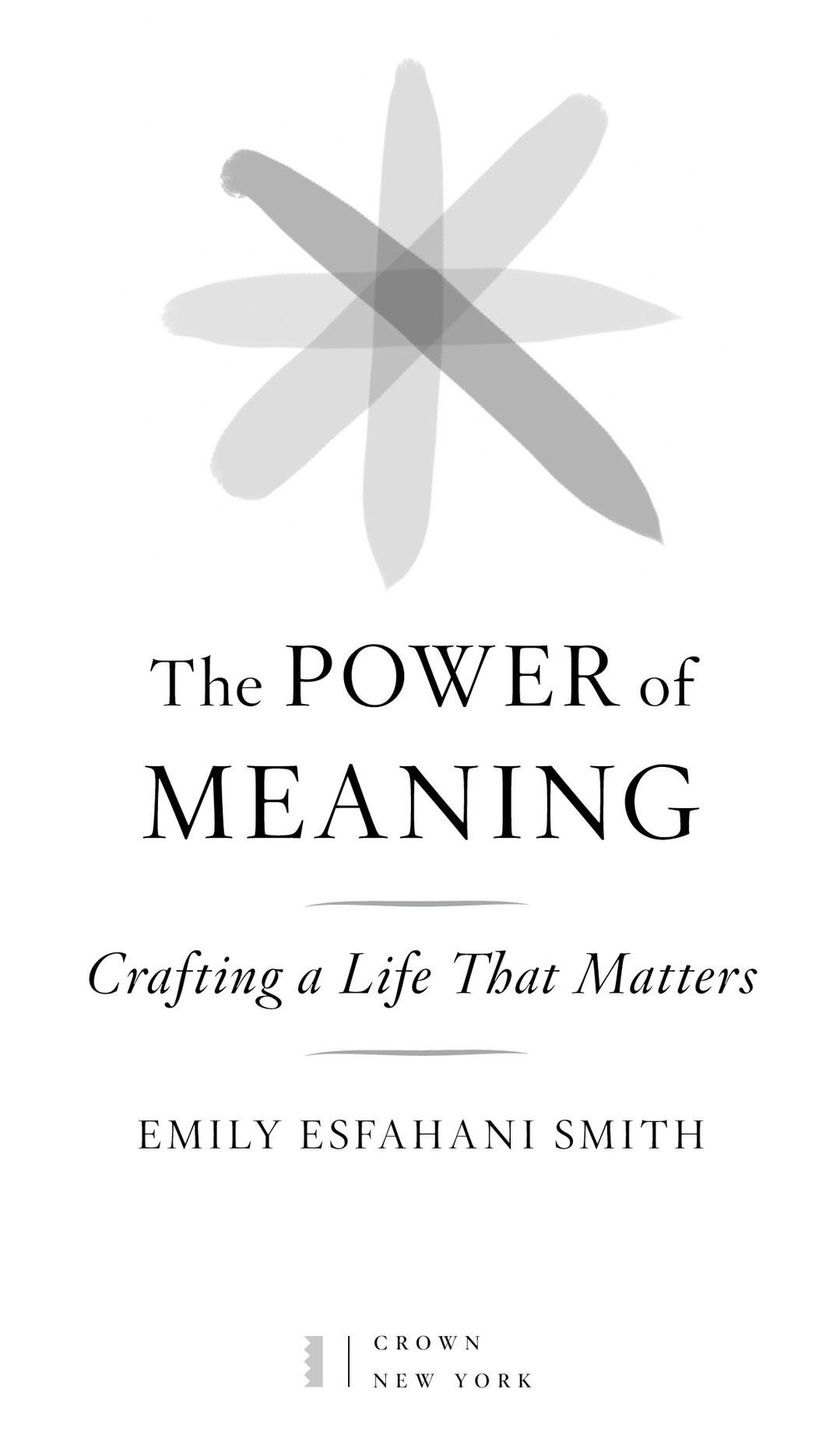

Copyright 2017 by Emily Esfahani Smith
All rights reserved.
Published in the United States by Crown, an imprint of the Crown Publishing Group, a division of Penguin Random House LLC, New York.
crownpublishing.com
CROWN is a registered trademark and the Crown colophon is a trademark of Penguin Random House LLC.
Library of Congress Cataloging-in-Publication Data
Names: Smith, Emily Esfahani, author.
Title: The power of meaning : crafting a life that matters / Emily Esfahani Smith.
Description: First Edition. | New York : Crown, 2017.
Identifiers: LCCN 2016010610 (print) | LCCN 2016043371 (ebook) | ISBN 9780553419993 (hardback) | ISBN 9780553446562 (paperback) | ISBN 9780553446555 (eISBN) | ISBN 9780553446555
Subjects: LCSH: Self-actualization (Psychology) | Meaning (Psychology) | Emotions. | BISAC: SELF-HELP / Personal Growth / General. | PHILOSOPHY / Ethics & Moral Philosophy. | PSYCHOLOGY / Emotions.
Classification: LCC BF637.S4 S6336 2017 (print) | LCC BF637.S4 (ebook) | DDC 128dc23
LC record available at https://lccn.loc.gov/2016010610
Hardcover ISBN9780553419993
Ebook ISBN9780553446555
International Edition ISBN9780451497307
v4.1
ep
To my parents, Tim and Fataneh, and brother, Tristan, affectionately known as T-bear, doostetoon daram
Contents
What is the meaning of life? That was alla simple question; one that tended to close in on one with years. The great revelation had never come. The great revelation perhaps never did come. Instead there were little daily miracles, illuminations, matches struck unexpectedly in the dark; here was one.
V IRGINIA W OOLF
O n Thursday and Sunday evenings, a group of seekers gathered in a large room of my familys home in downtown Montreal, where my parents ran a Sufi meetinghouse. Sufism is the school of mysticism associated with Islam, and my family belonged to the Nimatullahi Sufi Order, which originated in Iran in the fourteenth century and today has meetinghouses all over the world. Twice a week, darvishesor members of the orderwould sit on the floor and meditate for several hours. With their eyes closed and their chins to their chests, they silently repeated a name or attribute of God as traditional Iranian Sufi music played.
Living in the Sufi meetinghouse as a child was enchanting. The walls of our home were decorated with sculptures of Arabic script that my father carved from wood. Tea was brewing constantly, perfuming the air with the fragrance of bergamot. After meditating, the Sufis drank the tea, which my mother served along with dates or Iranian sweets made with rosewater, saffron, cardamom, and honey. Sometimes, I served the tea, carefully balancing a tray full of glasses, saucers, and sugar cubes as I knelt down before each darvish.
The darvishes loved dipping a sugar cube in their tea, putting it in their mouths, and drinking their tea through the sugar. They loved singing the poetry of medieval Sufi sages and saints. There was Rumi: Ever since I was sliced away from my home of reeds, each note I whisper would make most any heart weep. And there was Attar: Since love, he writes of the seeker, has spoken in your soul, reject The Self, that whirlpool where our lives are wrecked. They loved, too, sitting in silence, being together, and remembering God through quiet contemplation.
Darvishes call Sufism the path of love. Those on the path are on a journey toward God, the Beloved, which calls them to renounce the self and to constantly remember and love God at every turn. To Sufis, loving and adoring God means loving and adoring all of creation and every human being that is a part of it. Mohabbat, or loving-kindness, is central to their practice. When we first moved into our new home in Montreal, Sufis from all over North America came and stayed for days to help my parents convert the brownstone, formerly a legal office, into a space fit for majlis, the name of the bi-weekly gathering for meditation. When a homeless man knocked on our door one evening looking for a meal and a place to sleep, he was welcomed in. And when my father complimented a darvish on a scarf he was wearing, the darvish gave it with pleasure as a gift to my dad. (After that, my family had a general understanding that you only complimented another darvishs possessions with great caution.)
On special occasions, like the visit of a sheikh or the initiation of a new darvish into the order, Sufis from Canada and the United States would stay at the meetinghouse for a few days, sleeping on thin cushions in the meditation room and libraryreally, anywhere there was space. There was a lot of snoring at night and lines for the bathroom during the day, but that didnt seem to bother anyone. The darvishes were full of joy and warmth. Though they spent many hours meditating during these weekends, they also passed the time by playing classical Sufi music on Persian instruments, like a frame drum called a daf and the stringed tar, always singing Sufi poetry to the music. I sat on a tattered Persian carpet and listened, dipping my sugar cubes in my tea, just like they didand trying to meditate, just like they did, too.
Formal rituals also governed Sufi life. When the darvishes greeted each other, they said Ya Haqq, The Truth, and performed a special handshake by putting their hands together like a heart and kissing that heart. When they entered or left the meditation room, they kissed the ground by touching their fingers to the floor and then to their lips. When my mom and other Sufis prepared Iranian dinners, the darvishes sat around a tablecloth spread on the floor. I helped arrange the place settings and then waited with my parents for the other darvishes to sit down before finding a spot. The Sufis ate in silence. Generally, nobody spoke unless the sheikh spoke firstand it was understood that everybody should finish their food before the sheikh did so that he was not kept waiting. (Though, often, the sheikh ate slowly so that no straggler would feel uncomfortable.) These humbling rituals were important to the Sufis, helping them break down the self, which Sufi teaching considers a barrier to love.







